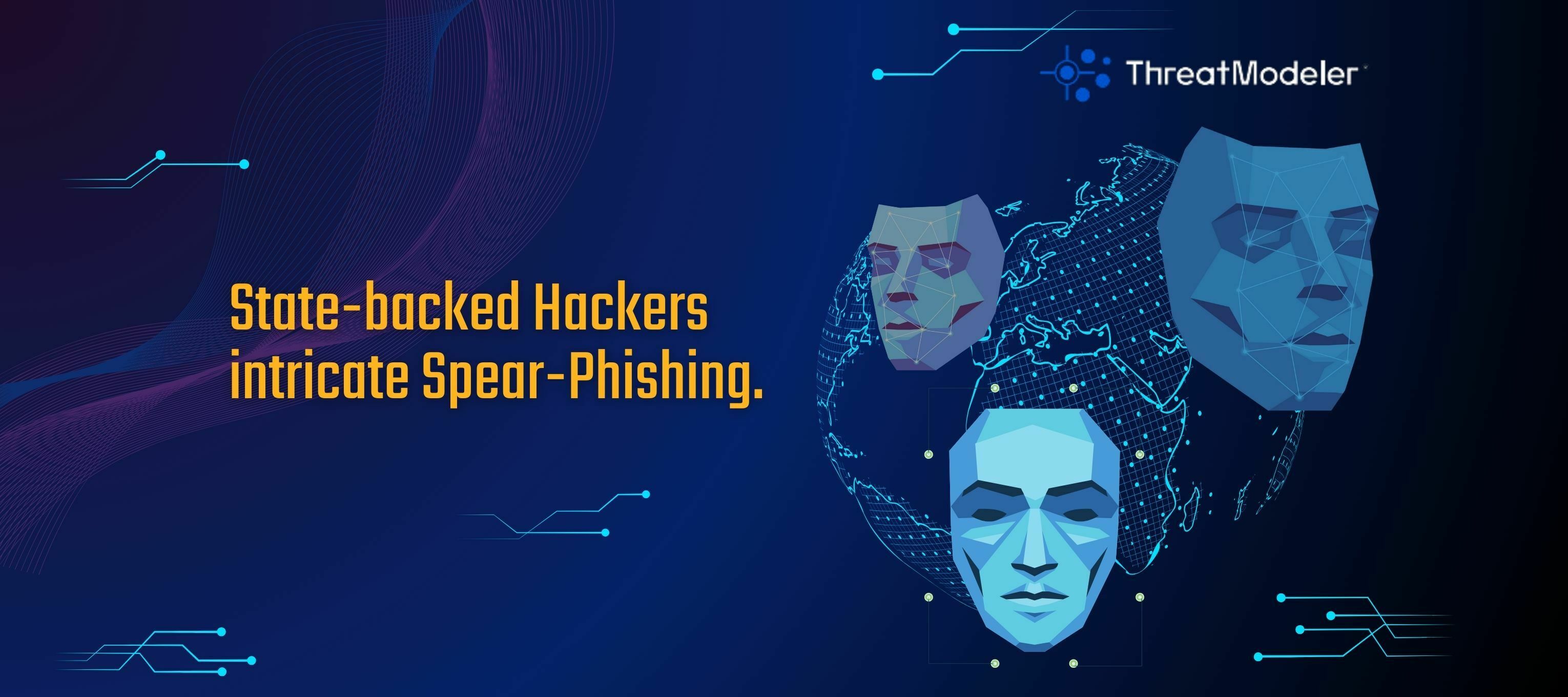Ever wondered how vulnerable our digital world can be? Meet MuddyWater, a group linked to the Iranian state, weaving cunning spear-phishing tactics to target Israeli organizations. The effort, which was made public by cybersecurity companies Group-IB and Deep Instinct, reveals a worrying uptick in the threat actor's method of operation and illuminates the expanding strategies they use to breach systems.
The attack's specifics:
This recent move marks a notable shift from MuddyWater's past strategies. Their adoption of N-able's Advanced Monitoring Agent, a legitimate remote administration tool, signifies a substantial change in their cyber defense arsenal. Intriguingly, this marks the first instance of MuddyWater utilizing N-able software, signaling a tactical shift for successful breaches.
The attack vectors predominantly revolve around spear-phishing emails featuring direct links or file attachments housing deceptive content like HTML, PDF, and RTF files. These attachments lead to archives on diverse file-sharing platforms, introducing one of several remote administration tools linked to MuddyWater's activities.
What sets this campaign apart is its utilization of a new file-sharing platform, Storyblok, to execute a multi-phase infection strategy. In an attempt to deceive victims into accessing malicious information, this method employs LNK file exploitation and hidden files to launch the Advanced Monitoring Agent, cleverly concealed behind a fabricated document – specifically, an official memo from the Israeli Civil Service Commission.
The Challenge:
- Dealing with Advanced MuddyWater Strategies: MuddyWater, a faction linked to Iran's Ministry of Intelligence and Security, is demonstrating adaptability through the use of various remote access tools and exploiting multiple attack vectors, particularly spear-phishing emails loaded with diverse file attachments.
- Tactical Evolution: The recent campaign marks a shift in tactics, introducing a new file-sharing service named Storyblok for a multi-stage infection approach. This adds complexity and sophistication to their attack methods.
- Heightened Risks and Swift Technological Advancements: The deployment of legitimate tools like Advanced Monitoring Agent and the introduction of a new command-and-control framework called MuddyC2Go pose increased risks, showcasing the rapid progress of Iran's cyber capabilities.
- Developing Strategies and Tools: Cybersecurity experts have observed a blend of continuity and evolution in MuddyWater's tactics. While some elements remain consistent, such as the use of remote administration tools, the incorporation of Storyblok and the rollout of a new command-and-control framework, MuddyC2Go, indicate a notable advancement in their operations.
Technical Solutions for Cyber Resilience:
- Advanced Email Security Solutions:
Deploy email security solutions with spam filters, malware scanners, and content analysis tools to identify and block phishing attempts and malicious attachments effectively.
- Multi-Factor Authentication (MFA):
Implement MFA across systems for an added layer of security, making it challenging for unauthorized users to access systems even if credentials are compromised.
- Timely Software Updates:
Enforce a strict schedule for software updates and patches across all systems to eliminate security vulnerabilities that attackers might exploit.
- Network Segmentation and Access Controls:
Segment networks and enforce strict access controls to limit unauthorized movement, granting necessary permissions based on user roles.
- Robust Endpoint Security:
Utilize powerful endpoint security solutions like antivirus software, intrusion detection systems, and endpoint detection and response (EDR) tools for effective monitoring and protection of devices.
- Regular Employee Education:
Conduct frequent sessions to educate staff on phishing risks and the importance of avoiding suspicious links and attachments, preventing potential access points for attackers.
Empower your Cyber Defense:
Stay ahead of evolving cyber threats with continuous updates, expert insights, and actionable strategies. Subscribe to our Community for the latest cybersecurity trends and best practices. Your organization's security is our priority!


